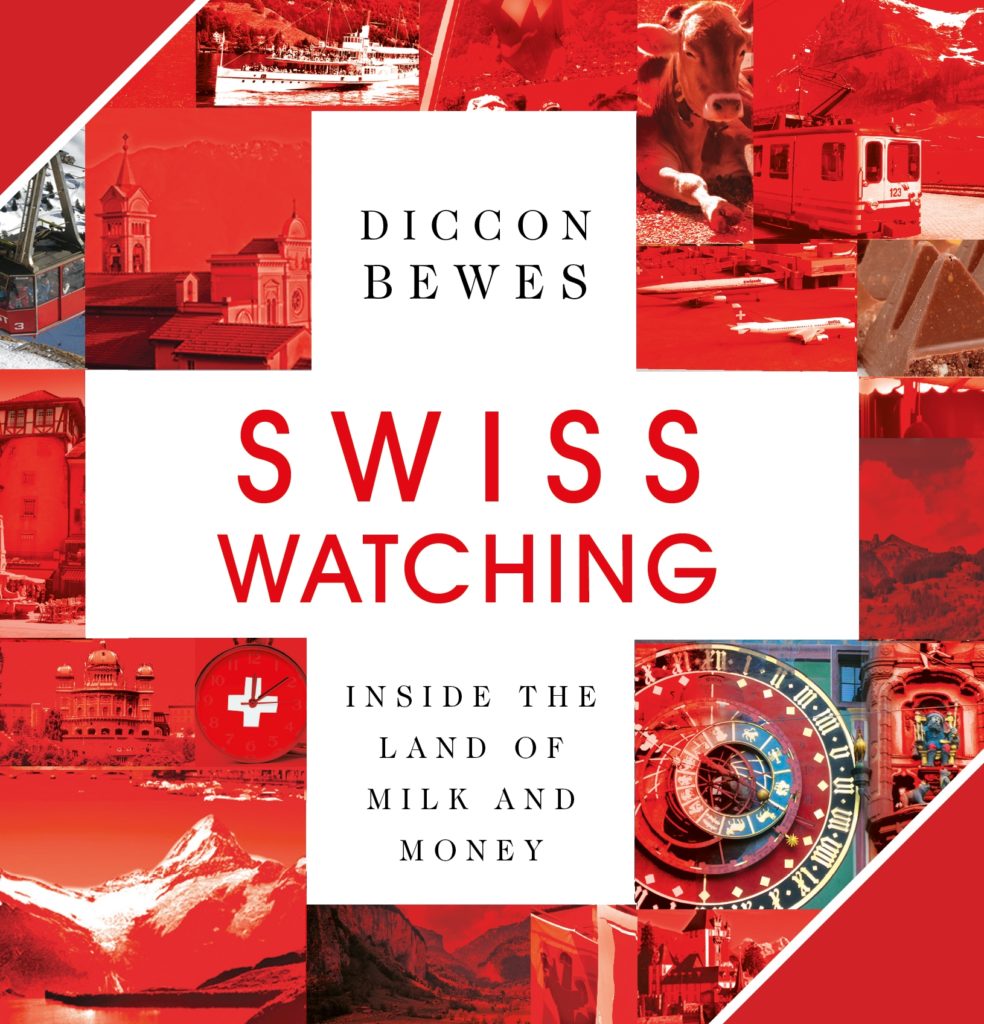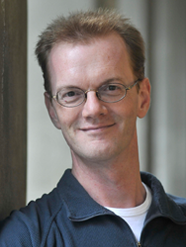The man who gave the world a conscience
October 30, 2010, 2 Comments
 Never in the field of human conflict has so much been owed by so many to… just one man. That one man was not Mr Churchill (and apologies to him for the misquotation) but Henry Dunant, the man who gave the world a conscience. If you don’t believe me then try this. Close your eyes and imagine what the world would be like if Henry Dunant had never been born: no Red Cross so no humanitarian aid, no Geneva Conventions so no rules of war, no YMCA so no Village People. Without that one man such a terrible world might exist. He should be the most famous Swiss man of all time, but few people have heard of him. As today is the centenary of his death, it’s the ideal time to look at the man behind the cross.
Never in the field of human conflict has so much been owed by so many to… just one man. That one man was not Mr Churchill (and apologies to him for the misquotation) but Henry Dunant, the man who gave the world a conscience. If you don’t believe me then try this. Close your eyes and imagine what the world would be like if Henry Dunant had never been born: no Red Cross so no humanitarian aid, no Geneva Conventions so no rules of war, no YMCA so no Village People. Without that one man such a terrible world might exist. He should be the most famous Swiss man of all time, but few people have heard of him. As today is the centenary of his death, it’s the ideal time to look at the man behind the cross.
Dunant was born in Geneva but is buried in Zurich’s Sihlfeld cemetery, the second largest in Switzerland. I came across his grave quite by accident, having gone in search of Johanna Spyri (the author of Heidi) who is buried a few rows away. Hers is a simple affair, his much grander, with a statue of two men, one lying wounded the other propping him up as he tends to him. Both are naked to the waist, giving the statue a mournful Pietà-esque quality, albeit one with homoerotic overtones. On the back wall is M. Dunant himself, in the form of a relief of his bearded face. Like a giant cameo brooch, it’s so life-like that it’s almost like a death mask.
Before stumbling across his last resting place, I’d never given much thought to the founder of the Red Cross. The organisation he created is so omnipresent in our lives, if only on the news, that we never stop to think what a revolutionary idea it was: a body outside national rivalries that is there to help the wounded and victims of conflict. It’s the kind of thing that if it didn’t exist, we would have to create it. Luckily for us, and for so many millions in the last 146 years, Dunant was a man with a big idea and a big heart. How sad then that his own life never matched the success of his creation’s.
Dunant died in Heiden, a small town near St Gallen, and the hospital rooms where he lived now house one of the best small museums in Switzerland. It manages to explain the man and his work so well that you come away with a very clear picture of him. Unfortunately, it’s not a happy one. The young Dunant helped convert the YMCA into a worldwide phenomenon (without him, it might have remained a parochial English charity), but it was his book on the Battle of Solferino in 1859 that changed everything. That was the seed that by 1864 had grown into the Red Cross. After that it was all downhill. He went bankrupt, as did the bank where he was a director, was forced to resign from the Red Cross, expelled from the YMCA and driven into exile in Paris. He never saw Geneva again. He flitted around Europe, often homeless and hungry, before ending up in Heiden, an ill hermit with a white beard and long coat. For all his good deeds and overwhelming humanity, by the end he was a deeply sad, bitter, sick and lonely old man, largely forgotten by the world.
One document has pride of place on one museum wall. It looks like a school certificate, with Dunant’s name and the year 01 written by hand in ink. This piece of paper is proof that the world, at last, remembered Dunant and honoured him for what he had achieved. On 10 December 1901, he was the recipient of the first Nobel Peace Prize. But Dunant never touched the prize money, which remained in a Norwegian bank account until his death. In his will, he provided for a free bed in Heiden hospital for anyone too poor to afford treatment.
His was truly a riches-to-rags story, not only financially but in terms of fame and family as well. There can be few other people in history who dined with kings but foraged for food in Paris dustbins, who created an international organisation with a multi-million dollar budget but was a bankrupt businessman, who helped save thousands of lives but died in a lonely hospital room. His lasting legacy is the Red Cross, which employs 14,000 staff worldwide and has a tax-free annual income of over one billion Swiss francs, or roughly the same as the GDP of the Burundi. I hope he’s smiling in his grave.











 Follow on Facebook
Follow on Facebook Follow on Twitter
Follow on Twitter Subscribe by RSS
Subscribe by RSS Contact me directly
Contact me directly Global Solutions Inc.
Global Solutions Inc.
2 Comments on "The man who gave the world a conscience"
Trackbacks for this post